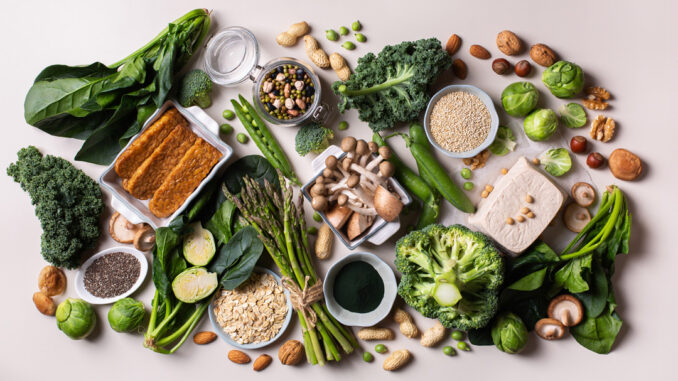
We’ve examined the effects of different diets and foods to see their connection to lifespan. From coffee and green tea to caffeine and more, there seems to be a link to blue zones (places with the highest number of centenarians) and certain food tastes. Researchers agree that cultures which incorporate a large number of plant-based proteins in their diets are healthier and could, therefore, live longer.
According to an article published by Harvard Health in 2020, researchers at Harvard and Tehran universities analyzed 32 studies about protein intake that included more than 715,000 people, with followup periods ranging from three-and-a-half years to more than three decades. Combining data from multiple studies, the researchers calculated that getting 3% more of total calories in the form of plant protein (such as beans, nuts and whole grains) lowered people’s risk for premature death by 5%. Another study by JAMA Internal Medicine looked at the survival rates of more than 416,000 people who’d reported their diet and lifestyle information 16 years earlier (when they were 50 to 71 years old) and, in this study, shifting just 3% of calorie intake from animal protein (meat, poultry, fish or dairy products) to plant protein corresponded with a 10% decrease in death from any cause over that period, for both men and women. In particular, replacing eggs and red meat with plant proteins appeared to reduce death risk by as much as 24% in men and 21% in women.
For years, it’s been found that vegetarian and vegan diets are linked to better health by lowering the risk of heart diseases, cancer and death. Previous studies showed that a diet including minimal plant products, but rich in meat, refined grains, sugar and salt carried a higher risk of death. Reducing consumption of animal-based products and increasing plant-based items could lower the risk of heart disease and cancer. As The Independent pointed out, new studies have found that overall, vegetarian and vegan diets have “robust statistical association” with better health status for a range of risk factors linked to metabolic diseases, cancer and death, as well as blood pressure and diabetes. These diets are linked to reduced risk of heart disease, gastrointestinal and prostate cancer, scientists found.
Eating vegan is not only healthier for your body, it’s also better for the environment. Did you know that a vegetarian diet requires two-and-a-half times less land to grow food compared to a meat-based diet (Vegetarian Society)?! Plant-based diets also produce 75 per cent less heat-trapping gas and generate 75 per cent less water pollution (Yale Environment 360).
However, it should be noted that the overall benefits of vegetarian and meatless diets are still unclear, and that more work on examining its effects must be done. While researchers can pinpoint specific ailments that a plant-based diet could help curb or eradicate, not enough studies have been done to know what the long-term effects could be. There is a wide range of vegetarian diet regimens and not all of them have been adequately reviewed.
Plant-based diets could introduce vitamin and mineral deficiencies for some people as well, scientists cautioned, such as depletions in vitamin D and calcium (because of the lack of dairy associated with a vegan diet). Experts actually warn against any large-scale recommendations of plant-based diets until further research is completed.
In the meantime, we can try and add more plant-based proteins to our palettes. Lentils, tofu, edamame, almonds, beans, peanuts and chia are all healthy vegetarian foods with protein to help you change up your typical meals. Try and switch up your everyday dinners and go meatless once a week – there are lots of great websites boasting an endless array of recipes to inspire you. In the end, your body will thank you for it.
